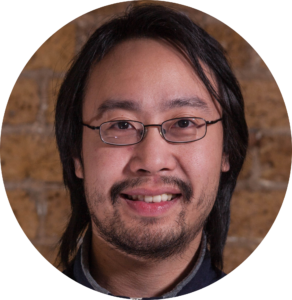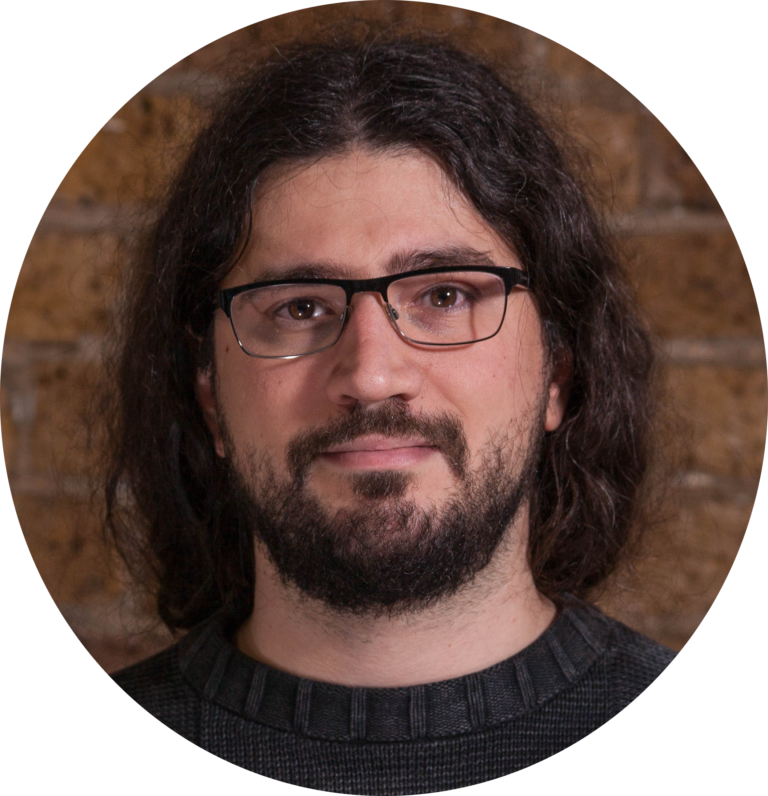
Founded in London, Octeract is a specialised consultancy exclusively dedicated to delivering bespoke solutions that transform data into accurate predictions and scientifically optimal business decisions.
Our journey started with a focus on R&D to first push the boundaries of optimisation technologies. Within a few years, those efforts culminated in a world record-breaking performance as we became the first team to solve 100% of a previously unsolved benchmark in nonlinear decision-making technology (more here).
Drawing from this singular achievement, we subsequently channeled our attention to consultancy projects with a view to help businesses address large-scale prediction and optimisation challenges. We have since built a reputation as a reference partner called upon to globally resolve highly complex analytical problems at blazing speed.
Through years of collaboration with clients, we truly appreciate the uniqueness of each industry and organisation. Whilst commercial products may suffice to answer common questions, they lack the granularity and engine power to consistently deliver accurate results.
Today, we continue to strive to provide our partners with unique solutions that unconditionally meet their most specific needs. Our collaborations never fail to translate into improvements in operational efficiency with the associated gains in time and revenues, as well as cuts in frustration and emissions.

Gabriel studied physics at Imperial College London where he also earned his PhD in molecular physics in 2015. Following his work in the fintech sector, he co-founded Octeract in 2017. Leveraging his physics background, Gabriel excels at translating complex business problems into mathematical models and systems integration. He is also a distinguished expert in algorithmic development, having invented and implemented many of the world-class algorithms that power Octeract technology.

Nikos studied mechanical and aeronautical engineering at the National Technical University of Athens and earned his PhD in global optimisation from Imperial College London in 2016. After developing industrial machine scheduling solutions, he co-founded Octeract in 2017. Nikos is an expert in designing complex technological architectures, massively parallel computations, optimising tooling stacks and algorithmic implementations, formulating mathematical problems, and designing autonomous systems.